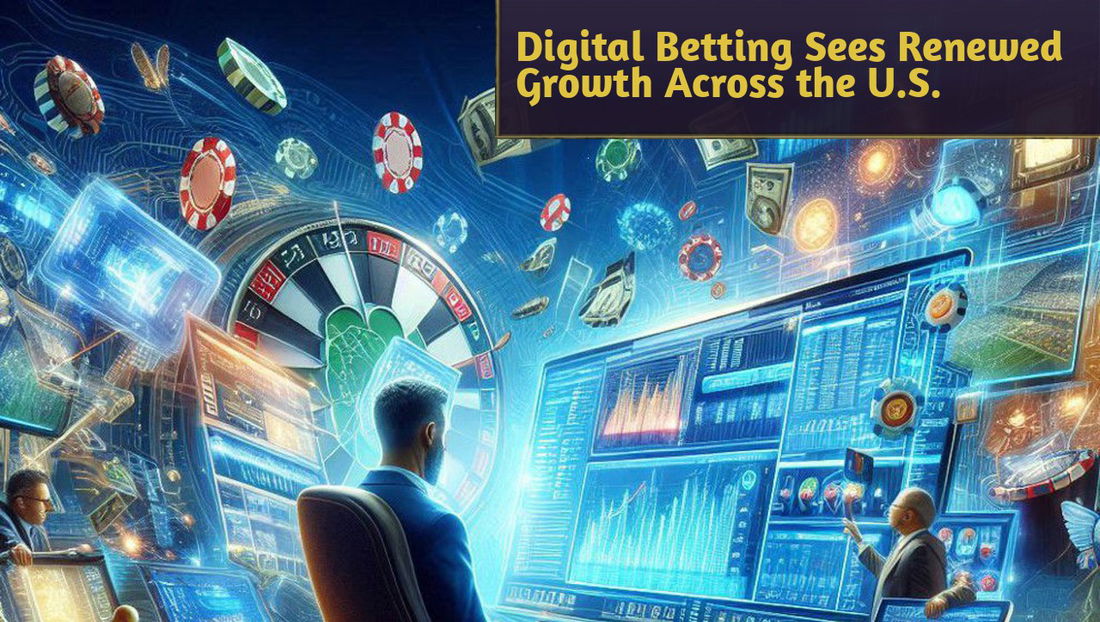The beauty of poker is that it can be played in various environments without losing its nature. It is a social and competitive game, whether it is played around a small table at home, in a busy casino, or on a digital screen.
Poker’s Journey Through Different Eras
Poker has evolved a long way since its origin in old west saloons, where dusty tables and smoky rooms were the order of the day. The game was then introduced in fancy casinos, where players were well dressed and dealers were flamboyant.
Nowadays, the digital age has introduced poker to our screens, and it is more accessible than ever. You can even play poker with Bitcoin online, to enjoy anonymous play, faster payouts, and higher betting limits than traditional options. This combination of old customs and modern technology is one of the reasons why poker has been able to withstand the test of time.
Skill and Strategy Keep It Fresh
Unlike most games of chance that are based entirely on luck, poker is a game that combines luck and strategy. Each hand is a challenge in decision-making, reading people, and risk management. That combination makes it new even to experienced players, because no two games are ever identical. It is not uncommon to find friends spending hours around a table discussing which move was the best or professionals studying past games to hone their tactics.
Here are some of the reasons why the strategy side keeps players hooked:
● Each hand offers different opportunities that test the mind.
● Players can become better with time through practice and study.
● Bluffing and reading others adds a psychological advantage..
The game is always evolving, which is why it is attractive to both casual and competitive players.
Poker as a Social Connector
Poker is not just about the cards. The social aspect is what people like, whether it is sitting across a table with friends or logging into an online tournament. The game involves conversation, banter, and the excitement of shared moments. In casinos, the atmosphere of a poker table is usually a mixture of tension and camaraderie, with strangers becoming familiar faces after a few rounds.
Poker also has this social aspect online, with chat, live dealers, and community tournaments. This social element is what makes poker relevant compared to other games that may feel more isolated.
The Role of Big Tournaments
The increase in televised tournaments provided another boost to the popularity of poker. Tournaments such as the World Series of Poker made unknown players household names in a single day. The structure of watching a player go from a small buy-in to a multimillion-dollar win made poker aspirational. Most viewers believed that they could be the next one at the final table provided they practiced their skills.
The drama and suspense that poker naturally creates are also highlighted in large tournaments. Seeing a player put everything on the line is a demonstration of how the game is a combination of skill, nerve, and luck that is appealing to both the players and the audience.
Online Poker Expands the Game
The internet has expanded the scope of poker beyond local games. Anyone can play at any time with a phone or a laptop. Online casinos provide various types, including Texas Hold 'em and Omaha, and they are available to both novices and experts. The convenience aspect cannot be overemphasized because players do not have to travel or wait to get other people to organize a game.
Some of the advantages of online poker are:
● Access to games of all levels 24/7.
● Low entry points to beginners who want to test their skills.
● Options for both casual games and high-stakes tables.
The combination of accessibility and diversity means that poker is no longer limited to physical locations, which has contributed to increasing its popularity.
Technology Continues to Shape the Game
The resilience of poker is also related to its ability to adopt new technology. Live-streaming services, mobile applications, and even virtual reality experiments are transforming the way people interact with the game.
The introduction of blockchain technology introduces another level of innovation, providing players with quicker and, in many cases, more flexible ways to play online. As technology continues to evolve, poker will likely find new ways to remain relevant in a rapidly changing entertainment industry.
Conclusion
Poker has been able to withstand the test of time because it evolves and keeps what makes it great. Whether in saloons, casinos, or online, it is a combination of skill, strategy, and social interaction. The emergence of large-scale tournaments and online platforms has only reinforced its position in the contemporary gaming culture. Poker is a game that can be played casually with friends or at the most competitive levels, and it has always managed to attract attention in a way that few other games ever have.









— コメント 0
, 反応 1
最初にコメントする